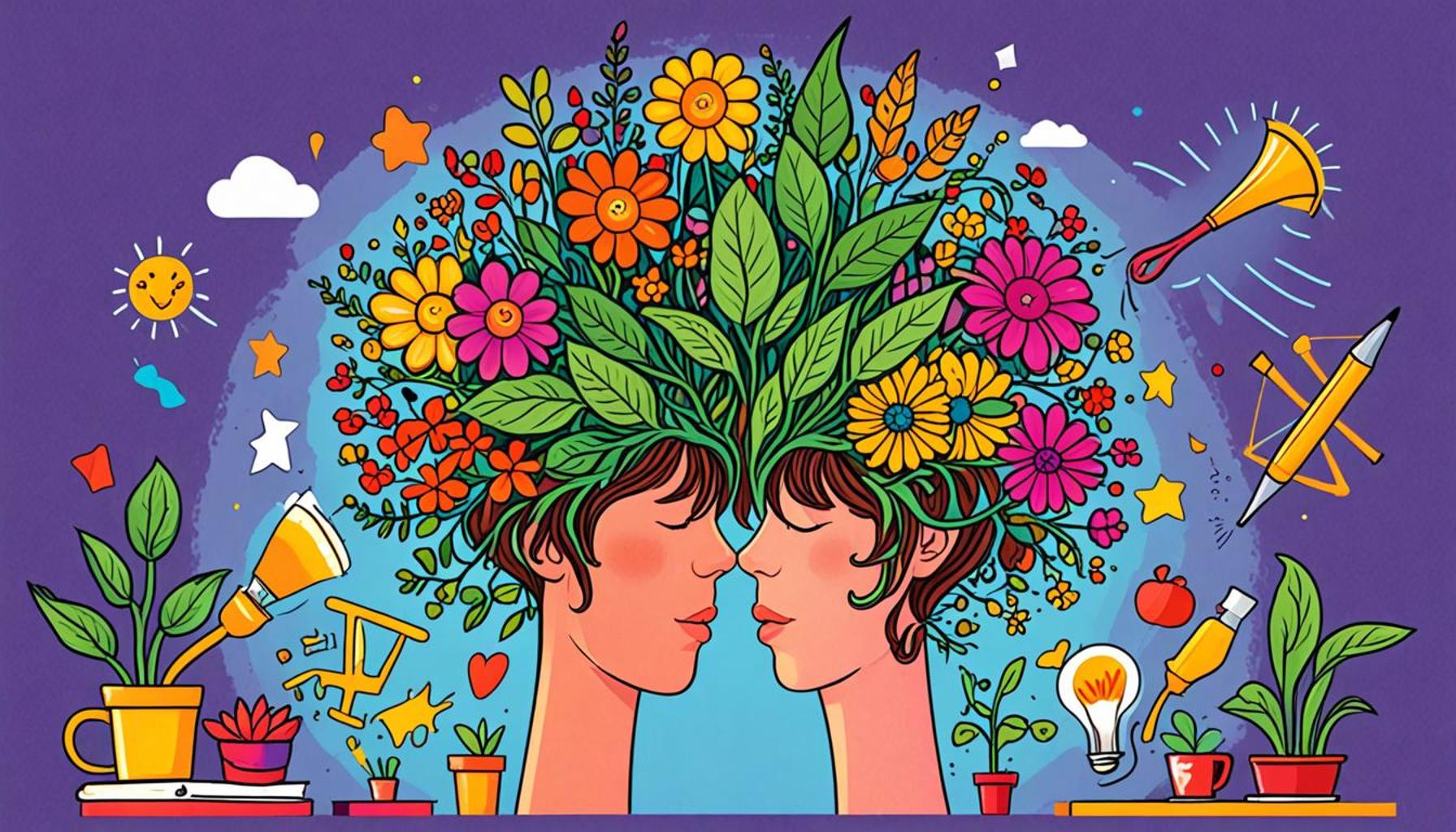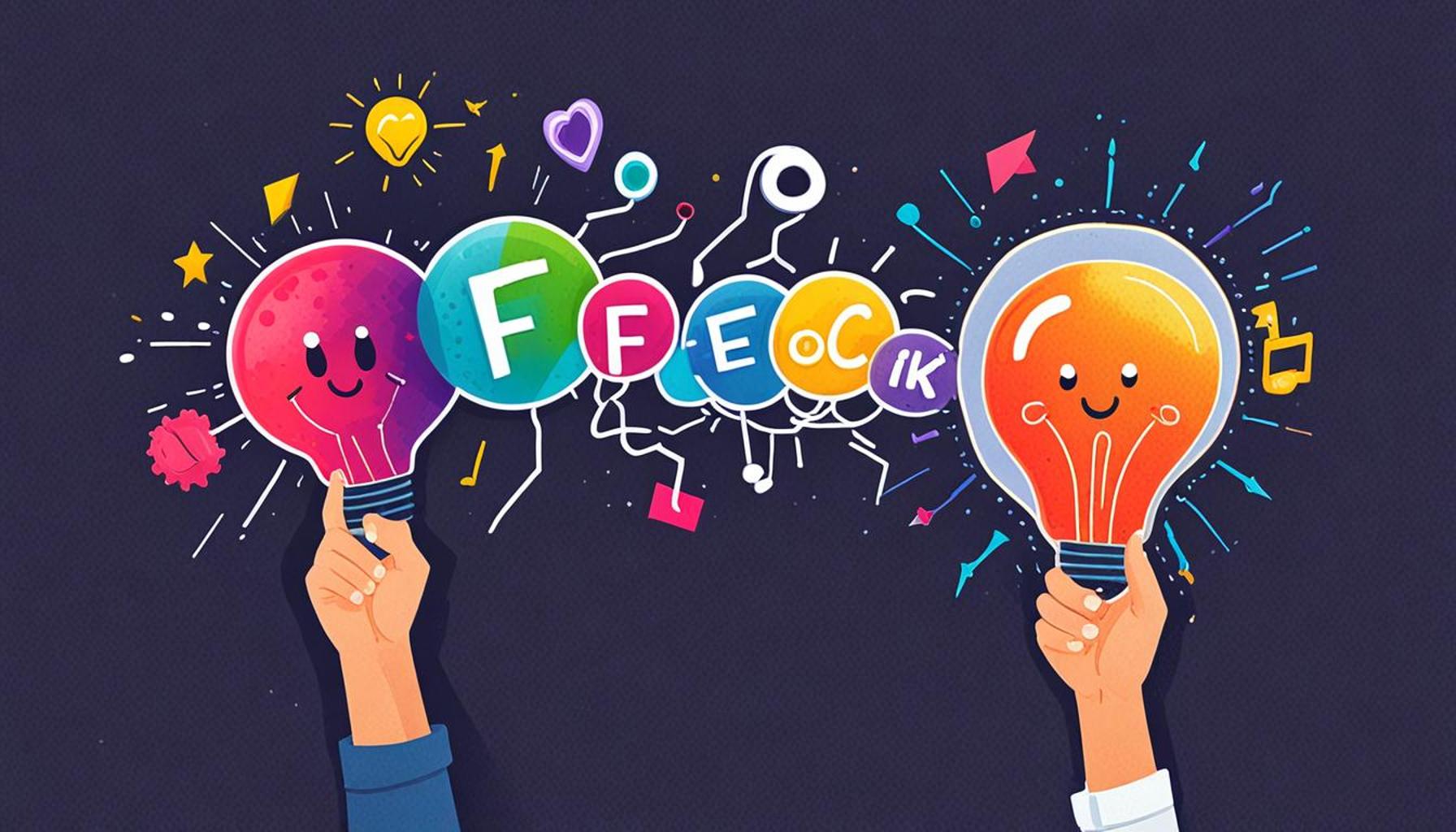The Art of Learning from Mistakes: Turning Failures into Valuable Lessons

The Art of Learning from Mistakes
In the journey of life, mistakes often cast long shadows, but they can also illuminate the path to success. Understanding how to transform failures into invaluable lessons is an essential skill that many overlook. It is often said that the best teacher is experience, but the truth is more nuanced: our encounters with setbacks can intricately shape our decision-making processes and ultimately refine our paths forward.
- Failures present unique insights into our decision-making.
- Mistakes foster resilience, teaching us to adapt and overcome challenges.
- Learning from failures encourages a growth mindset, vital for personal and professional development.
In Nigeria, where entrepreneurs face numerous hurdles, the ability to learn from errors can define success. For instance, a local tech startup that launches an app before fully addressing customer needs may initially struggle. Yet, by analyzing user feedback and making pivotal adjustments based on the reported issues, the business can evolve, enhance its product, and eventually secure a loyal customer base. The journey of success is steeped in understanding that one failure does not equate to an end, but rather a chance to recalibrate and strive for excellence.
Similarly, consider students in Nigerian universities who encounter academic challenges. Many who struggle with specific subjects can harness their setbacks to develop tailored study habits and seek help, whether through peer study groups or tutoring sessions. Embracing adversity in this way not only deepens their comprehension but also prepares them for the complexities of the real world, where not every endeavor will yield immediate success.
Whether it is in the boardroom or the classroom, the lessons derived from mistakes can ignite transformation. By shifting our perspectives from viewing failures as mere setbacks to seeing them as growth opportunities, we enrich our experiences. Instead of fearing failure, we should embrace it. This mindset encourages creativity, innovation, and continuous learning. By recognizing the beauty in our missteps, we can unlock a treasure trove of knowledge and experience that propels us forward, showing us the strength inherent in resilience and the hope offered through a transformative outlook on challenges.
RECOMMENDED: Check out this similar article
Embracing the Journey of Self-Discovery
As we navigate the complex landscape of personal and professional endeavors, it becomes imperative to recognize that failures are not merely obstacles, but rather catalysts for growth. The process of learning from mistakes begins with self-reflection. Each setback offers a unique opportunity to delve deep into our thought processes, pinpointing where decisions may have diverged from our intended goals. In a context like Nigeria, characterized by a dynamic economy and diverse challenges, embracing this journey of self-discovery can make a significant difference.
Consider the example of a Nigerian farmer who may face crop failure due to unpredictable weather patterns. Instead of viewing this as an insurmountable loss, the farmer can analyze what went wrong: were the seeds unsuitable for the soil? Was there insufficient irrigation or market understanding? By conducting a thorough evaluation, the farmer may uncover vital information about climate adaptation or innovative farming techniques that can yield better results in future planting seasons.
Such an introspective approach helps in identifying patterns of behavior that led to the miscalculation, fostering an environment where learning is continuous. This method not only enhances decision-making but also cultivates resilience. When we acknowledge our failures and their root causes, we build a robust framework that allows us to adapt swiftly in the face of adversity.
Key Lessons from Failure
Learning from mistakes encapsulates several key lessons that can transcend various fields and professions. Here are some essential pointers:
- Acceptance: Recognizing that failure is a natural part of the learning process paves the way for constructive self-analysis.
- Adaptability: Each mistake teaches us how to pivot and adjust our strategies, vital for remaining competitive.
- Collaboration: Engaging with others to seek feedback can illuminate blind spots and facilitate shared learning.
- Innovation: Mistakes drive creativity, pushing us to think outside the box and explore unconventional solutions.
Moreover, the Nigerian business landscape is rich with stories of entrepreneurs who have turned their failures into springboards for success. For instance, a tech company that initially launched a product without a thorough market analysis might find itself struggling. However, by inviting customer feedback and iterating on their offerings, they can create a more compelling product that resonates with their target audience. This cycle of experimentation and adjustment is at the heart of innovation and success.
In conclusion, the ability to become a savvy learner from our failures is not just an admirable trait but a necessity in today’s fast-paced world. By viewing mistakes as essential milestones in our journeys, we open ourselves up to a wealth of knowledge that can enhance our personal growth and empower our professional lives. Whether it is in agriculture, business, or any other endeavor, embracing failures as valuable lessons can lead to remarkable transformations and prosperity.
The Art of Learning from Mistakes: Turning Failures into Valuable Lessons
Embracing failure is a crucial part of personal and professional growth. Within each misstep lies the seed of innovation and opportunity. As Thomas Edison once stated, “I have not failed. I’ve just found 10,000 ways that won’t work.” This approach not only fosters resilience but also opens new pathways for success. By analyzing what went wrong, individuals can identify crucial insights that transform failures into stepping stones toward their goals.
Another key aspect of this journey is the cultivation of a growth mindset, a term coined by psychologist Carol Dweck. This framework encourages individuals to view challenges as opportunities to improve rather than as insurmountable barriers. When faced with setbacks, those with a growth mindset exhibit tenacity and a willingness to adapt. Studies show that this mindset leads to greater achievements across various domains, from academic success to career advancements.
Moreover, sharing experiences of failure can spark meaningful conversations and learning opportunities among peers. By discussing their mistakes openly, individuals can foster a collaborative environment that encourages risk-taking and innovation. This not only leads to collective learning but also strengthens relationships within teams, creating a culture of support.
| Category | Details |
|---|---|
| Personal Growth | Learning from mistakes fosters resilience and self-awareness. |
| Innovation | Analyzing failures can lead to innovative solutions and fresh ideas. |
In essence, the process of learning from mistakes is not merely about error correction; it is an essential practice for driving innovation and enhancing personal development. The ability to reflect on failures and extract valuable lessons ultimately sets the groundwork for more informed and successful decisions in the future.
YOU MAY ALSO LIKE: Read read another article
Transforming Challenges into Opportunities
In the ongoing dialogue about the importance of learning from mistakes, one crucial aspect often overlooked is the ability to transform challenges into opportunities. This transformative mindset can be particularly impactful in Nigeria’s rapidly evolving business environment, where agility and innovation are paramount. By reframing setbacks as stepping stones rather than impediments, individuals and organizations can unlock a treasure trove of lessons that drive future success.
For instance, take the case of Nigerian startups in the tech ecosystem. The journey to success is fraught with miscalculations, but many successful entrepreneurs have managed to morph their initial failures into valuable insights. A notable example is the story of a tech entrepreneur who launched a social media app that flopped due to lack of user engagement. Instead of succumbing to disappointment, they took the feedback received and pivoted to address user concerns. This involved conducting surveys to understand user preferences, focusing on enhancing user experience, and even revisiting marketing strategies. Ultimately, this entrepreneurial spirit saw them not only reestablish the app but also grow their user base significantly.
This adaptability showcases a key principle of learning from mistakes: the capacity to embrace feedback and make improvements. In Nigeria, where the startup culture is on an upward trajectory, being receptive to user feedback is essential. Engaging effectively with customers can reveal critical insights that fuel innovation. As a Nigerian consumer becomes more vocal about their preferences, businesses must adapt swiftly to remain relevant, thereby fostering a culture of ongoing learning.
Building a Resilient Mindset
Integral to the art of learning from mistakes is cultivating a resilient mindset. Resilience is the ability to bounce back from setbacks and is a trait that can be developed through practice and reflection. Instead of viewing failures as dead ends, resilient individuals interpret these experiences as lessons. This reflects a psychological phenomenon known as a “growth mindset,” where challenges are perceived as opportunities for development.
- Self-Compassion: Being kind to oneself in the face of failure can foster a positive atmosphere for learning. Individuals who practice self-compassion are likely to take risks and learn from their experiences without being hindered by fear of judgment.
- Persistence: The willingness to keep pushing forward, despite obstacles, is a hallmark of resilience. Nigerian students facing academic challenges often exhibit remarkable perseverance, and this trait can be replicated in professional settings.
- Goal Orientation: Setting realistic and attainable goals enables individuals to track progress and appreciate growth, even when faced with setbacks.
Moreover, the Nigerian educational system is beginning to emphasize the importance of resilience and problem-solving skills, ensuring future generations can better navigate their trajectories. This shift in approach—a move towards fostering a safe space for experimentation and making mistakes—can empower students to develop invaluable skills they will carry into their careers.
Ultimately, the journey of learning from mistakes is not merely individualistic. It creates ripple effects across communities and sectors. In Nigeria, where collaboration is essential in various industries, fostering a collective learning culture can ignite innovation and propel economic growth. Organizations that encourage their teams to share failures without fear of repercussions are likely to cultivate a more engaged, creative, and productive workforce. By embracing the art of learning from mistakes, Nigerian businesses can better equip themselves to face uncertainties and thrive in the dynamic landscape of today’s economy.
RECOMMENDED: Check out this similar article
Conclusion: Embracing the Journey of Growth
In today’s fast-paced and ever-evolving world, the ability to learn from one’s mistakes has emerged as a critical skill for personal and professional development. Embracing failures not only paves the way for innovative solutions but also cultivates a culture of resilience and adaptability, crucial in the dynamic Nigerian landscape. By viewing challenges as opportunities for growth, individuals and organizations alike can transform what might seem like setbacks into invaluable lessons that fuel future successes.
As demonstrated by the inspiring stories of Nigerian entrepreneurs who have turned early flops into remarkable comebacks, the path to success is rarely linear. It is a journey marked by experimentation, resilience, and the continuous pursuit of improvement. With the increasing emphasis on self-compassion and persistence, Nigeria’s burgeoning youth can cultivate a mindset geared toward learning and adaptability, critical traits that are essential in navigating today’s complex economy.
Ultimately, fostering a collaborative environment where sharing mistakes is encouraged can lead to a ripple effect of innovation and growth across various sectors. Businesses that prioritize learning from failures not only enhance their own prospects but also contribute to the wider community. The art of learning from mistakes is not merely about overcoming obstacles; it is about embracing a continuous cycle of feedback and improvement. As we move forward, let us champion this ethos, transforming failures into stepping stones toward a more innovative and prosperous Nigeria.


